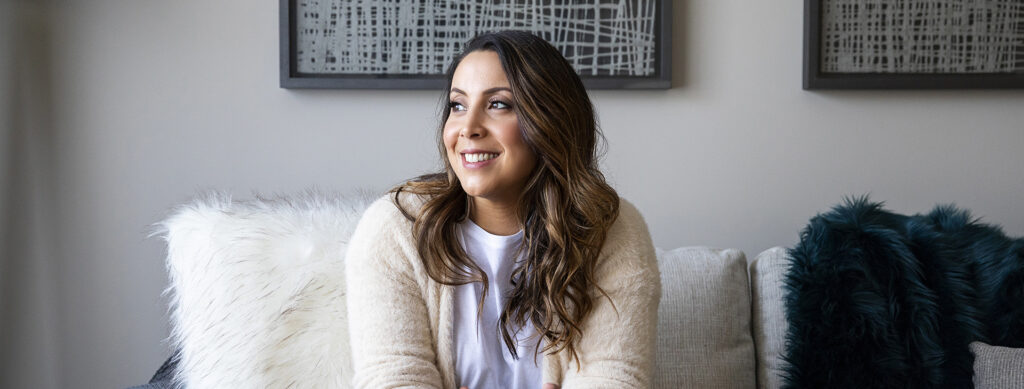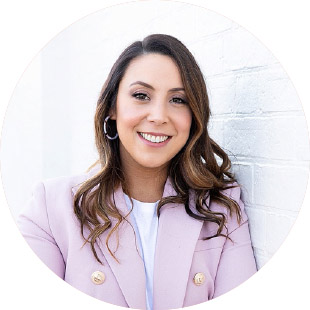How to Sync, not Sink: co-parenting and your careers
I like to think of myself as independent. Chances are, you’d say the same about yourself. It’s a positive attribute: to be able to manage one’s own interests, work and lifestyle without too many outside influences or reliance on those around you.
But when you’re co-parenting, it’s okay to be interdependent.
In my case, when it comes to my career, the success of my business is dependent not only on me, but on my husband, Josh, too. And the same applies to him. We rely on being in sync with one another to enable both of us to thrive, as professionals and as parents.
Just look to the research. When we look at parenting and career in the context of family and relationships, there are a few things humans are inclined to do:
- Avoid the conversations. We are not telling our partners which directions we see our careers heading in, and how we need to be supported to enable us to achieve those paths.
- Fall into gendered roles. Yes, we are talking about male “breadwinners”, or female “stay-at-home” parents.
- Fail to renegotiate as things change. Think how often the structures in your workplace change over the course of, say, five years. Has the same happened in your co-parenting relationship?
Co-parenting is a huge juggling act. That’s why it’s so important to have conversations, and for those conversations to have clarity. Be accountable – can you honestly say that you’ve expressed your parenting frustrations or described your dream career to your partner when you’ve needed to? The more clarity, the less likely resentment can kick in. The conversations will empower you both to be aligned, happy and strong.
Configure that winning team.
Below are three co-parenting model types to explore and use in order to help yourselves to build that strong, healthy relationship for you and your children.
- Lead parent + support parent. This model can be better suited to a co-parenting relationship where one parent has more flexible working hours than the other, for example. The support parent looks to the lead parent for advice on how s/he can help or offer support – whereas the lead parent might make the recommendation that you both attend training to learn how to use adopt a strengths-based parenting approach, for example.
- Turn-taking lead parents. Some parents choose to take parental leave at different times, allowing their partner to focus on their career. My friend Mark, for example, took parental leave when his son turned 12 months old, and happily took on the role of “stay-at-home-dad” for 6 months while his wife went back to work.
- 50:50 co-parents. A split down the middle in dividing time, and sharing the responsibilities.
All of these parenting team models are valid. One is not better than the others: it’s about what works for your relationship. It’s like crepes vs. pancakes: they’re made out of the same ingredients, just different amounts. Both taste equally delicious for breakfast.
Similarly, we see three models emerging when it comes to managing careers in a co-parenting relationship:
- Primary-Secondary. Dean has always loved working. He gets a lot of satisfaction from work and working hard. His partner Ash works, but it has never held as much importance to her – despite being in a job she loves, she derives more pleasure from gardening, baking, spending time with her family and volunteer work. So Dean’s career is the primary career that’s prioritized for these co-parents. That doesn’t mean Ash’s career is devalued: it just makes it easier for them to make decisions around their approach to work.
- Turn-taking career parents. After his three children had all started school, Steve left his job as a CEO at a not-for-profit and pursued day trading at home, which had always been a passion of his. His wife Nikki, who had been the primary parent up until this point, was able to start studying for her Masters and take a more senior role at work.
- Double primary. Both careers are prioritized, and co-parents come to suitable arrangements to allow this to happen.
Of course, we’re never just parents and we’re never just workers with careers. Louise Gilbert’s digital masterclasses deliver evidence-based wellbeing experiences for employees, centred around strengthened personal relationships and the direct link between contentment at home and success in the workplace. If co-parenting masterclasses are something you’d like to explore for your employees, we’d love to chat about how that might look! Contact us today here.
LOUISE GILBERT
Founder & Director



